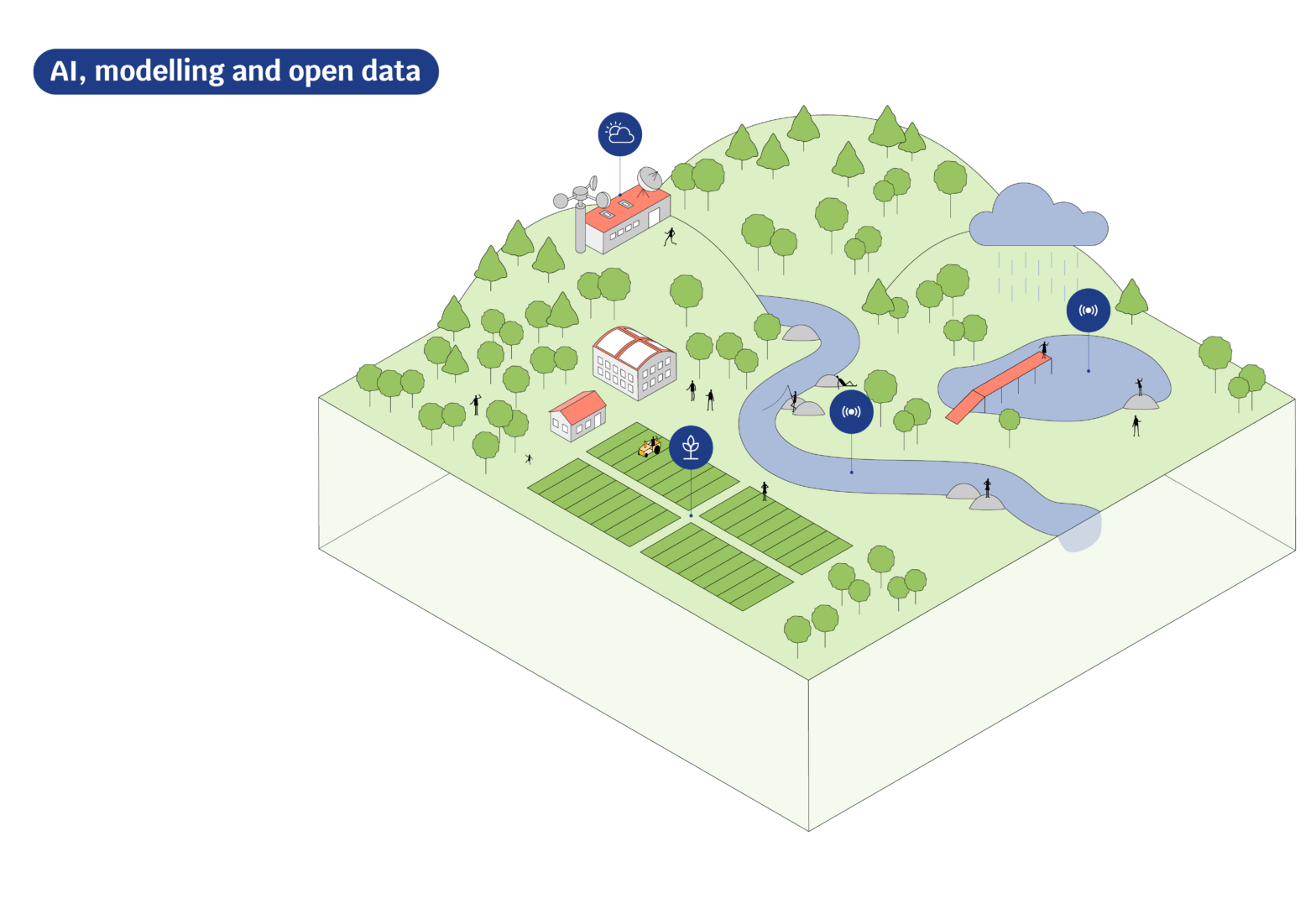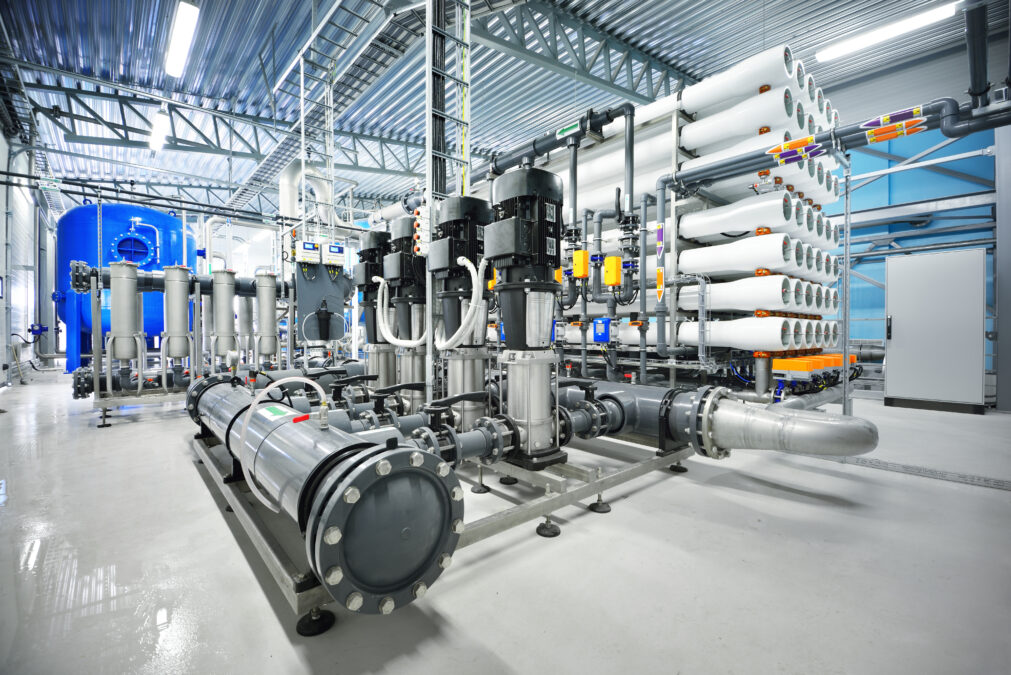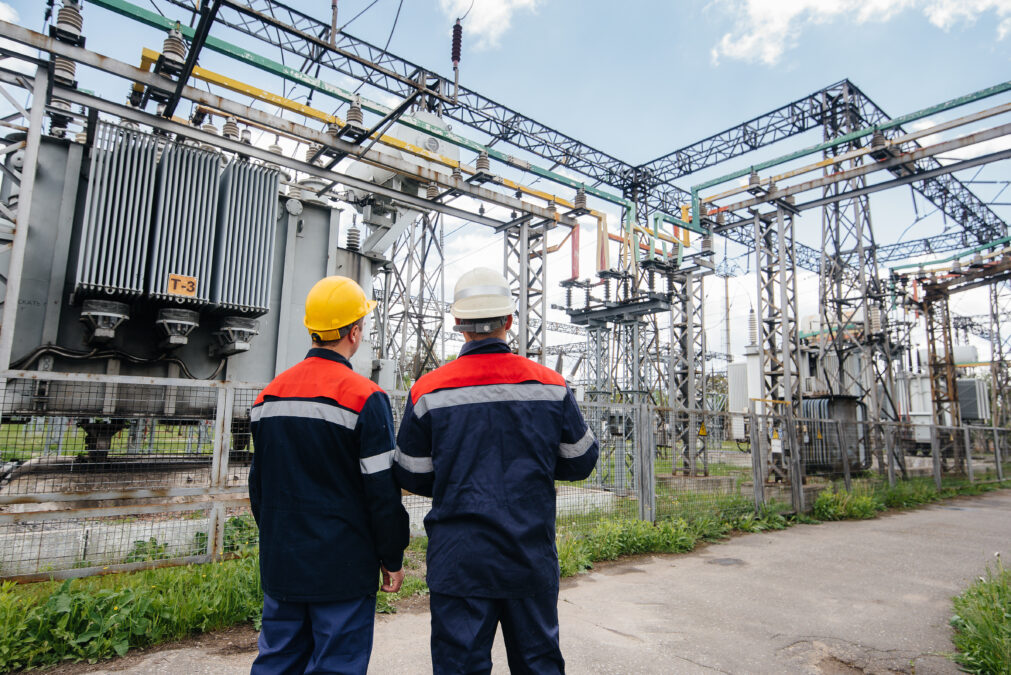The smart meter project is the biggest infrastructure programme the UK has experienced in its homes for over 40 years. Smart meters hold the potential for a revolution in how consumers use energy, giving them increased choice and flexibility in when and how they consume power.
Once installed, not only will they give the homeowner more control over the amount they use, smart meters will also bring far more accuracy and user convenience. The vision that smart meters promises is an environmentally friendly one with less fuel poverty, as consumers can avoid wasting energy to unnecessarily heat or power their home.
>See also: IoT and manufacturing: more than streamlining the factory process
As the UK head of EDF Energy identifies, there are a few challenges that traditional energy providers are currently facing which need to be overcome in order to attain to the current deadline, including delays in deployment due to the switchover of IT systems, and issues with supply chain management.
Most importantly, with increased competition from a new breed of energy provider, traditional suppliers need to be utilising infrastructure that centralises data, automates maintenance and maximises resources, so that they can ensure cost, quality and time are not compromised.
The change from energy supplier to ‘lifestyle provider’
Competition in the E&U market is rife, and a clear consumer desire to join what we are terming ‘lifestyle providers’ has meant that some consumers are turning to start-ups outside of the big six like Bulb; companies which promote themselves as fair and open energy companies, with engaged supportive communities.
The technical advantage for companies like Bulb is that they are not locked into legacy systems and are therefore quicker to innovate. In addition, they are also not daunted by an extensive supply chain that can often be responsible for delays and the spread of misinformation.
The first potential pitfall then for traditional energy providers when competing against start-ups is ensuring that the entire supply chain, including sub-contractors, engineers and in-house staff are not constrained by slow, outdated and locked-in IT systems.
>See also: Analysing the dangers of crowds with technology
In order to meet the smart meter target, maintain consumer trust and ensure seamless adoption, it is critical that energy suppliers utilise effective IT management tools and software which enables them to be flexible, adaptable and capable of meeting any in-situ smart meter implementation challenge.
Additionally, as with any new technology, current smart meters being introduced will at some point become obsolete. Therefore one of the main challenges becomes being able to manage the supply chain effectively so that consumers are constantly benefitting from the perks of having next-generation smart meters installed.
Looking beyond the curve
To meet the rollout demands, energy suppliers will need to train a lot of staff very quickly. This entire dynamic has the potential to permanently alter energy supplier’s required human resources and entire business profile as they move away from different servicing models. To meet the immediate short-term opportunities this presents, and meet the deadline, suppliers need to be developing these acquired skills.
Once smart meters are installed, however, general maintenance will be much more straightforward. Energy providers will benefit from automatic maintenance updates, received direct from malfunctioning or outdated meters, and service engineers will be informed accordingly, ensuring they are despatched with the correct equipment and knowledge.
To properly integrate this approach, suppliers must install adaptable enterprise software to provide a reliable constant feed of installation and procurement data, which can be streamed to workers in the field in order to address challenges swiftly.
>See also: The scariest vulnerabilities in driverless cars
It’s this unknown element that energy suppliers must be prepared for in order to restrict any more delays on the smart meter programme. Having a single, integrated application suite that gives suppliers the ability to rollout service and asset management, enterprise resource planning, project management and supply chain management together enables organisations to be fully ready for business and economic change.
For example, National Grid’s new smart meter business, National Grid Smart, recently installed an application suite across the company’s core business operations to support the procurement, scheduling, and installation of new smart meters across the UK.
Each phase of the company’s rollout is supported by applications supporting financials, procurement, asset management, project management, service management, and mobile workforce management. Among other benefits, the solution provides a constant feed of installation and procurement data from sub-contractors in the field via mobile application, enabling National Grid Smart to monitor progress and address initial challenges in real-time.
>See also: Smartphones – not flying cars – will define the smart cities of the future
Agile enterprise solutions can position energy suppliers to win more work, by ensuring they have the workforce capacity and ingenuity, and are able to support the increased rollout of smart meters. Importantly, these enterprise operational intelligence solutions enable businesses to connect strategic vision and organisation to what’s actually happening in the economic and business landscape.
Energy providers still have a job to do in explaining how the use of smart meters is going to enable consumers in fuel poverty to save money. However, it is important for suppliers in the E&U sector firstly to overcome IT issues such as data management, systems integration and user experience, by utilising effective and agile software solutions. Importantly, this type of technology can help bridge the trust gap with consumers by mitigating further delays, and also enable smart meters to be adaptable to the future.
Sourced by Colin Beaney, Global Industry Director for Energy and Utilities within IFS
The UK’s largest conference for tech leadership, Tech Leaders Summit, returns on 14 September with 40+ top execs signed up to speak about the challenges and opportunities surrounding the most disruptive innovations facing the enterprise today. Secure your place at this prestigious summit by registering here










